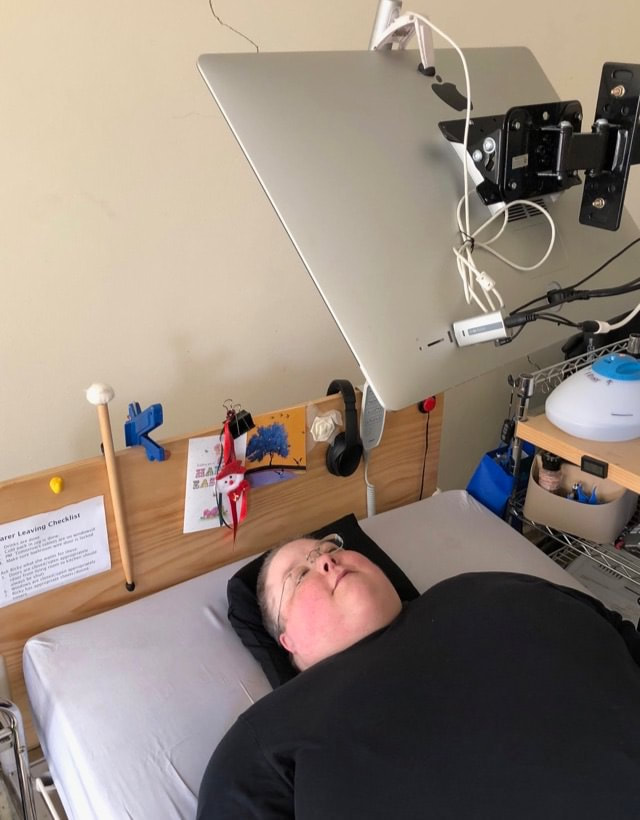The ProblemIf you are homebound/bedridden and you live in the community, then the healthcare system treats you as if you do not exist.
People who are homebound and/or bedridden have extensive and systemic problems with accessing the medical healthcare system, including access to GPs, medical professionals, hospital systems and allied health. If you don't turn up you are assumed not to need or want the service. This is not like access to public transport, where we have excellent anti-discrimination laws but the government keeps awarding exceptions the rules. This is not like access to websites, where there are excellent guidelines about how to be accessible but people just don't follow them. This problem is that the entire medical system has been designed and based around physical attendance, and that it treats non-attendance almost exclusively as a problem of patient noncompliance. There are a few small tweaks to make exceptions for people in rural and remote areas, and some even smaller tweaks for people who live in aged care, but in the main if you are homebound/bedridden and you live in the community, then the healthcare system treats you as if you do not exist and should not exist. In the cases where a homebound/bedridden person is well accommodated, it is not because the healthcare system is working well. It is almost exclusively because someone has gone deliberately out of their way to help, and they will probably not be adequately compensated by Medicare or any other government system for doing so. |
This report was written in 2018 before COVID-19 and Australia's associated telehealth reforms. I sincerely hope that that access to telehealth is retained long-term in a manner which makes them accessible to homebound/bedridden people, including those who are not ever able to access their health teams face to face. People who are bedridden/homebound deserve access to healthcare at all times, not just during pandemics.
The Report
This extensive 2018 report details many of the problems faced by homebound/bedridden people trying to access the medical system, why the NDIS won't fix these issues, and what governments and policy-makers need to do to begin to level the playing field.


